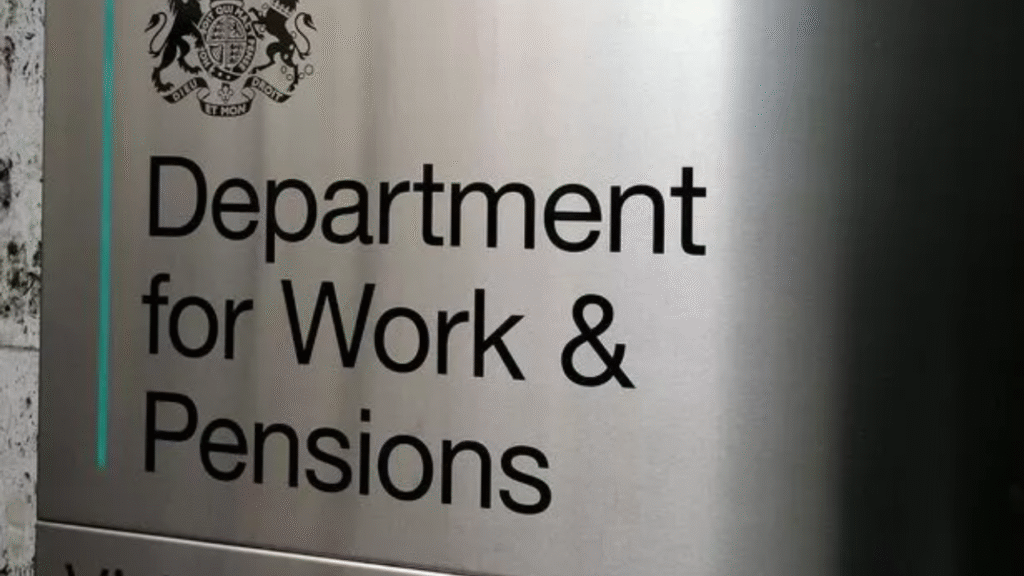Personal Independence Payment (PIP) is a vital source of financial support for over two million people in the UK living with long-term disabilities or health conditions. Managed by the Department for Work and Pensions (DWP), PIP is designed to help with the extra costs of daily living and mobility issues.
However, there are specific situations in which the DWP can stop, reduce, or suspend these payments. Understanding these circumstances is essential for anyone receiving PIP to avoid unintentional disruption of support.
1. Failure to Return Review Forms
One of the most common reasons for PIP payments to stop is not returning the review form on time. When your award is due for reassessment, the DWP sends a form titled “Award review – how your disability affects you.” This form must be returned within one month.
If you fail to return the form, your payments can be stopped regardless of whether your condition has changed. If you’re struggling to complete the form in time, it’s important to contact the DWP and request an extension.
2. Missed Medical Assessments
The DWP may request that you attend a health assessment, which is conducted by a third-party provider. These assessments help determine whether your condition still qualifies for PIP.
If you fail to attend an assessment without providing a valid reason, your claim could be closed and your payments stopped. If you are unable to attend on the scheduled date, you should contact the provider immediately to rearrange.
Change in Health or Personal Circumstances
PIP eligibility is based on how your condition affects you day-to-day. If your condition improves or deteriorates, or if there’s any change in your ability to carry out daily tasks or move around, you must inform the DWP.
You should also report other changes such as:
- Moving house
- Changing your doctor
- Hospital stays
- Changes in your name, bank details, or immigration status
Failure to report a change could lead to overpayments, fines, or a stop in payments.

Hospitalisation or Imprisonment
PIP may be affected if you are admitted to hospital or detained in prison for more than 28 days. During this time, as your care or accommodation is covered by public funds, your benefit payments can be suspended.
If you are under 18 or staying in a private facility, different rules may apply. Always inform the DWP if you’re admitted to hospital or into custody.
Leaving the UK
If you leave the UK for more than 13 weeks (or 26 weeks for medical treatment), your eligibility for PIP may be affected. The rules apply to absences from England, Scotland, or Wales and do not depend on whether the travel is temporary.
You must notify the DWP if you’re planning to travel or stay abroad for an extended period.
Allegations of Benefit Fraud
If the DWP believes your claim is dishonest or you’ve failed to disclose information (such as improved mobility or employment), your payments can be suspended while the matter is investigated. Confirmed cases of fraud can result in termination of payments, legal action, and repayment demands.
Anyone found to have committed fraud may also face criminal prosecution.
Transition from Disability Living Allowance (DLA) to PIP
Individuals moving from Disability Living Allowance to PIP must complete the reassessment process. If you miss assessment appointments or fail to return documentation, both DLA and PIP payments can be stopped.
This transition has led to many cases where people have lost eligibility altogether due to stricter assessment criteria.
What to Do If Your PIP Is Stopped
If your payments are stopped and you disagree with the decision, you can:
- Contact the PIP enquiry line to ask why
- Request a Mandatory Reconsideration within one month
- Appeal to an independent tribunal if the reconsideration is unsuccessful
You may also seek free guidance from organisations such as:
Conclusion
PIP plays a crucial role in helping people manage the extra costs associated with disability or long-term illness. However, recipients must stay informed, respond promptly to DWP communications, and report any relevant changes in circumstances. Staying compliant with the rules helps ensure that support continues uninterrupted.

